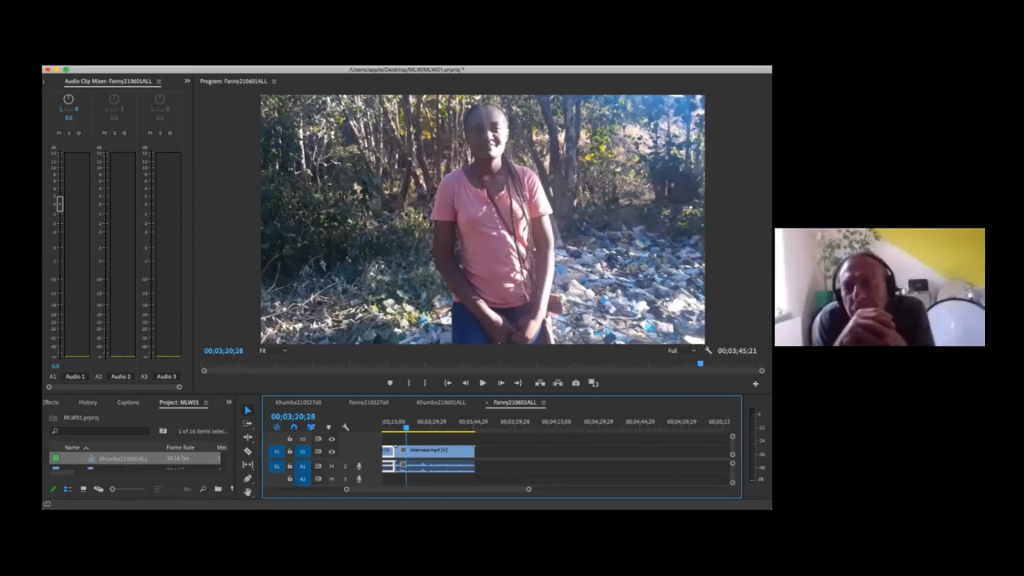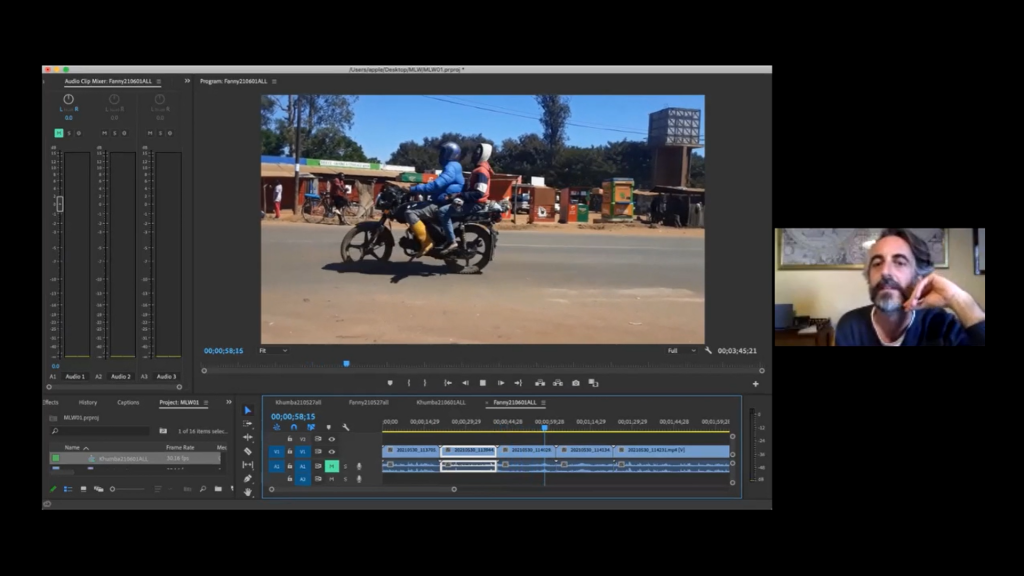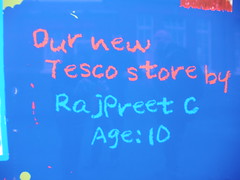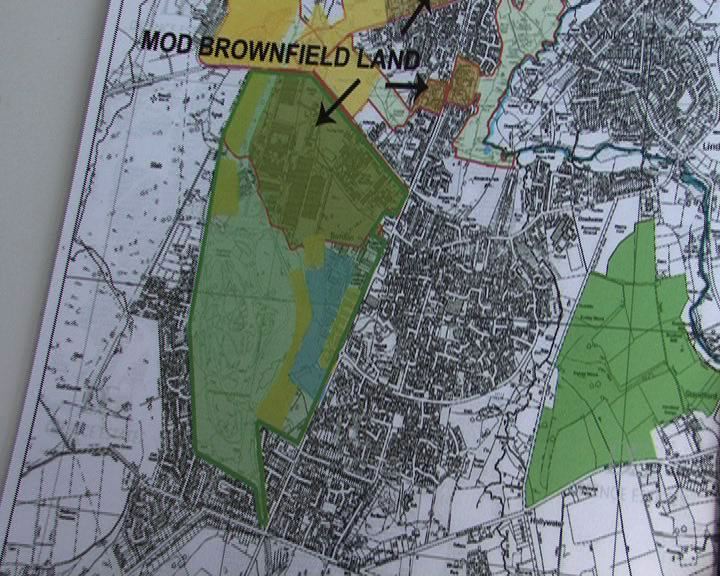In June 2021, Spectacle had the opportunity to work with Dr. Michelle Nicholson-Sanz and provide video training for the participants in her innovative Young Ecovisions project.
Dr. Nicholson-Sanz is a Leverhulme Trust Early Career Fellow at the Royal Central School of Speech and Drama, University of London .
During the pandemic she launched a call for young people around the world to share their ecovision – an idea for how to improve their environment and engender greater sustainability in their community. Four finalists were selected, two from India, one from Malawi, and one from England.

Dr. Nicholson-Sanz reached out to Spectacle as the second half of this ambitious project began: developing the ecovision of the finalist from Malawi, Fanny Chidoola. In order to realise Fanny’s ecovision, she partnered with Malawian forestry science student Khumbo Matemba. Fanny and Khumbo would be mentored by Dr Nicholson-Sanz to stage a theatrical performance to encourage the stakeholders in their area to realise the changes needed. The performance would be filmed and this material, as well as further footage collected by participants, would become a final short film detailing the ecovision and it’s progress.
As Dr. Nicholson-Sanz lives in Kent, England, the actual filming would need to be done by the participants on the ground in Malawi, and with a limited budget the participants would be making the most of the camera they already had in their hands in the form of a smartphone.
Spectacle has been developing a training programme for just such remote smartphone based video research projects. Anyone who has tried knows, it can be difficult to achieve good quality videos on a smartphone, and even more difficult to record footage which can be easily edited. Through a series of participatory workshops, Spectacle worked to upgrade the capabilities of the participants’ smartphones affordably, and offered clear guidance on best practices and filming techniques.

By the end of the workshop series, the participants felt ready to use their smartphones to record the performances, instruct others on how to get the best results from their smartphones, and already had recorded a good bit of quality footage of self interviews, location footage, and interviews with other stakeholders on the ground.
We are very excited to see the final short film from Dr. Nicholson-Sanz’s Young Ecovisions project when it premiers.
If you are running or considering starting a participatory video project, consider the possibilities of Spectacle’s training workshops for your participants or yourself. We conduct our training remotely, in almost any timezone, and using any equipment available from smartphones to camcorders. We have worked with hundreds of academics, researchers, and community organisations and received very positive feedback on our approach and the results that our trainees can achieve with their cameras after just a few workshops.

Sign up to our Newsletter for more information about our ongoing projects.
Spectacle homepage
Like Spectacle Documentaries on Facebook
Follow SpectacleMedia on Twitter








